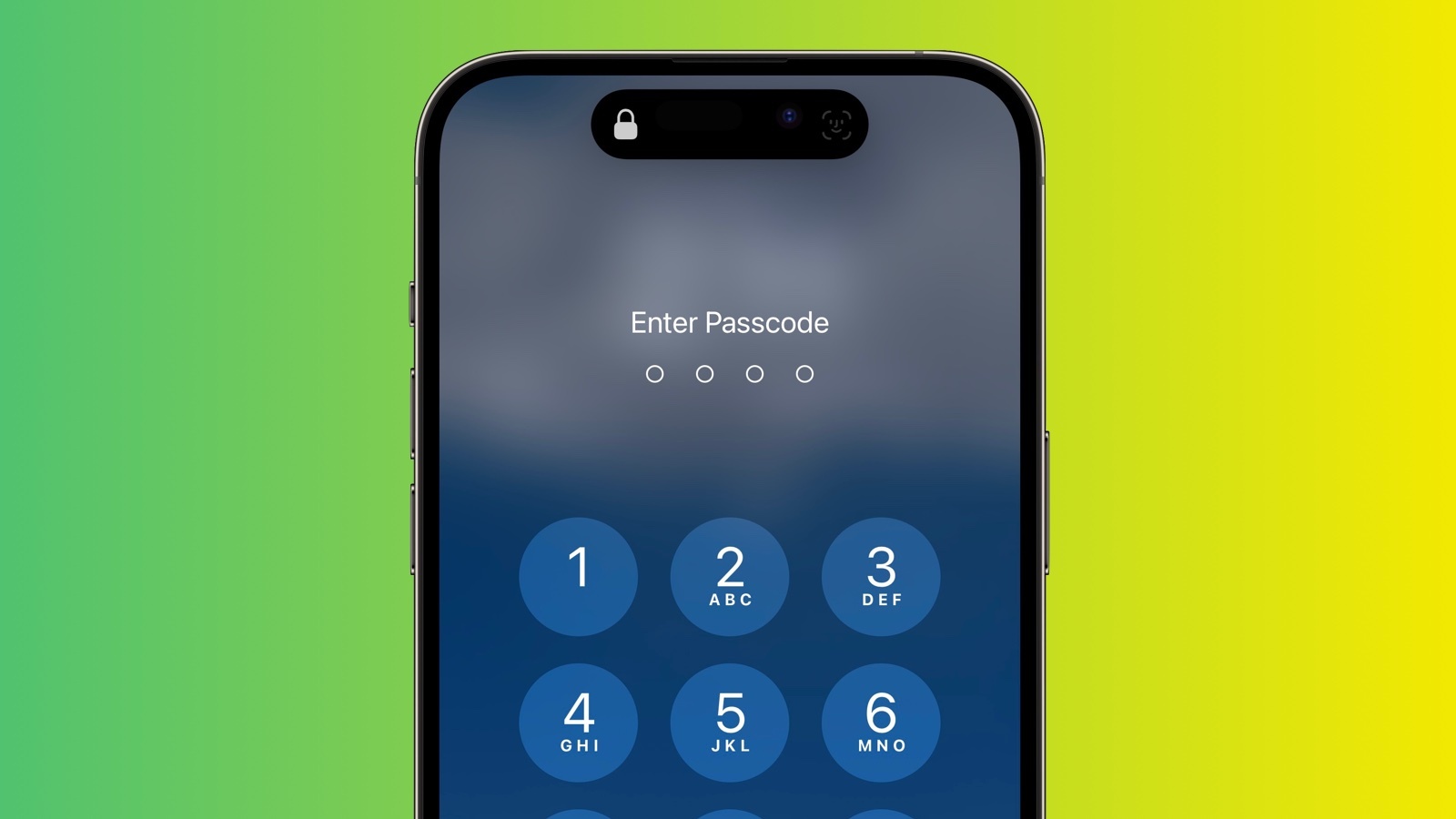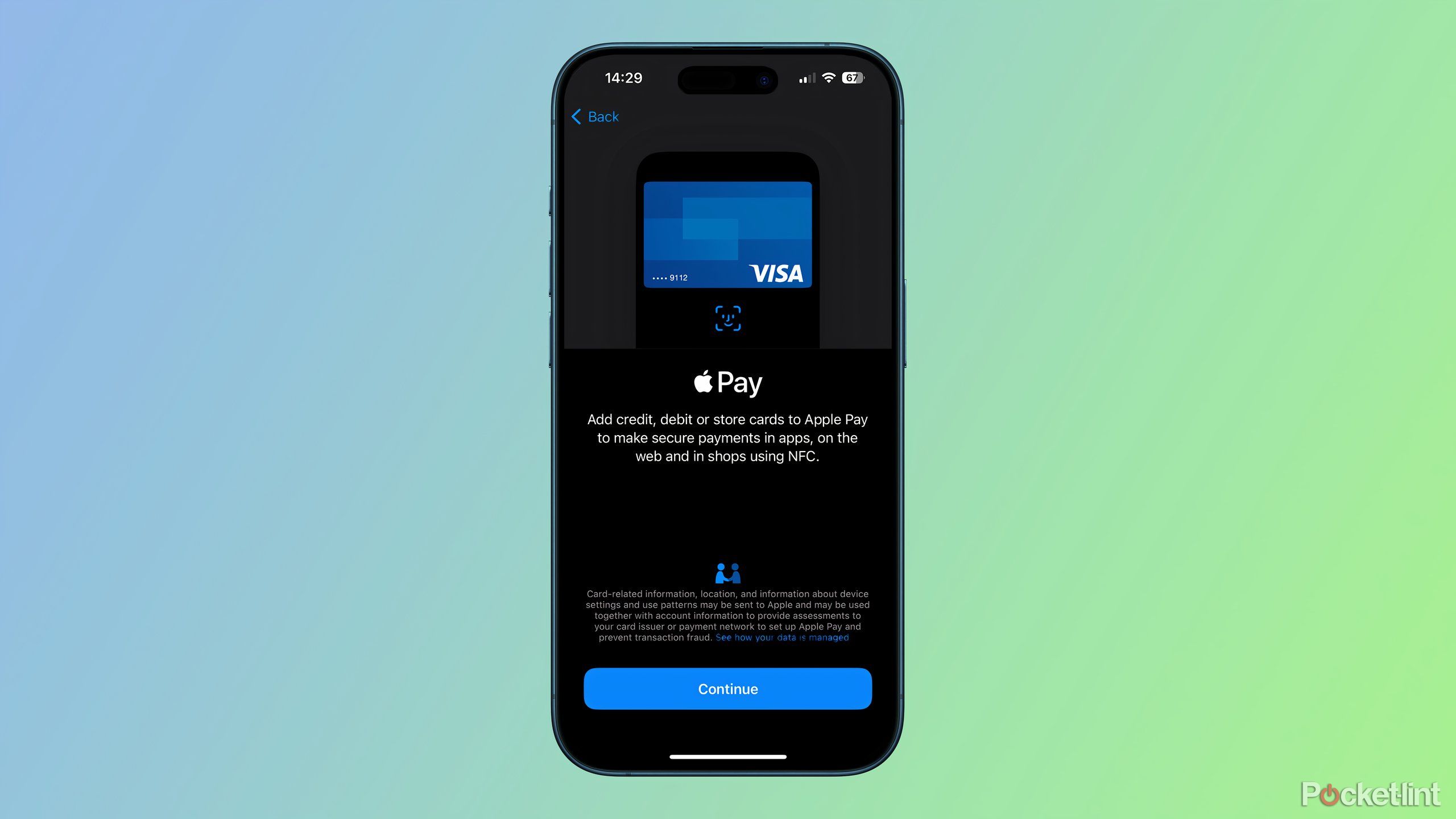Windows 11 gets smart interface changes and new voices
Windows 11 has a new preview out in the Dev Channel which comes with some smart tweaks for the interface, and some better, more natural, voices for Narrator.
Narrator – the built-in tool which reads out the contents of the screen for you, such as a web page, for example – now has two new natural voices in English US (female), which are called ‘Jenny’ and ‘Aria’. Users can select whichever they prefer, and once the voices are downloaded and installed, they work without an internet connection.
Microsoft has also introduced some new keyboard shortcuts for Narrator in order to more easily facilitate switching between different voices (and more besides).
The new preview build 22543 further applies some small, but nifty, tweaks to the desktop interface, including for resizing snapped windows. When you’re doing this, the snapped windows (aside from the main one) are blurred out and overlaid with their relevant app icon. It’s a pretty cool effect that makes it slightly easier to see exactly how much space you’re granting these snapped windows.
Furthermore, the media control fly-out panel on the lock screen has now been changed to match the controls in Quick Settings. This particular tweak is only rolling out to a limited number of testers at the moment, and feedback will be evaluated before a wider rollout commences. In other words, don’t be surprised if you aren’t getting this yet.
As ever, there are a bunch of fixes for Windows 11 delivered in this preview, and that includes the solution to a crashing issue with File Explorer that happens when dragging a file out of a ZIP. All the work done is summed up in Microsoft’s blog post on the new build (along with the inevitable known issues with an early preview – expect some unknown ones, too).
Analysis: Pacey progress with accessibility features
Continued progress on the accessibility front is good to see, in terms of the more natural-sounding voices for Narrator, which have already been welcomed by testers who use the feature. Presumably we will see more options for different voices rolling out before long.
Accessibility is something Microsoft has rightly been prioritizing in Windows, with the most recent major move being the introduction of full voice control capabilities (built using Nuance’s Dragon speech recognition tech), and a virtual keyboard you can type with using your voice. Work on accessibility has been going on for years, of course, and bringing in very useful features like eye tracking which debuted almost five years ago with Windows 10.
Find out where to buy Windows 10




